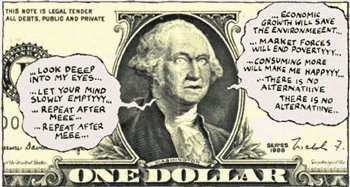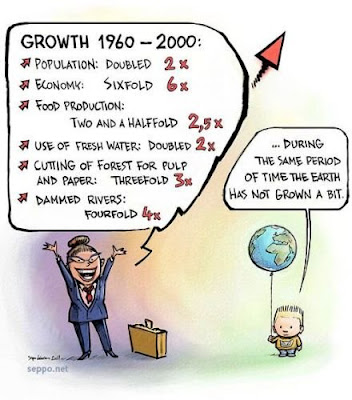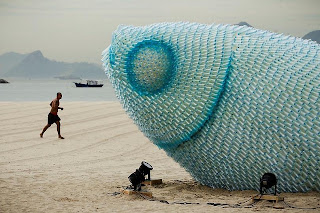In the lead-up to the 2010 Convention on Biological Diversity in Nagoya, Japan, the UK's Guardian newspaper solicited suggestions from its readers for actions to prompt governments into action. The meeting
ultimately produced the Nagoya protocol whose goals are to increase protected land from 12.5% to 17%, increase protected oceans from less than 1% to 10% and to cut the species loss rate by 50% by the year 2020. Formidable goals.
One of the ways to achieve these goals is simply by raising awareness. I'm pleased to say that Eco-Now is now listed by the content aggregator Alltop in its Biodiversity section, which we hope will help us reach a wider audience. If you're using Alltop, you can add us to your feed like so: Feed: http://econowblog.blogspot.
Anyway, to celebrate, I present the Guardian's photo album that illustrates the various species on whose behalf actions need to be taken.




